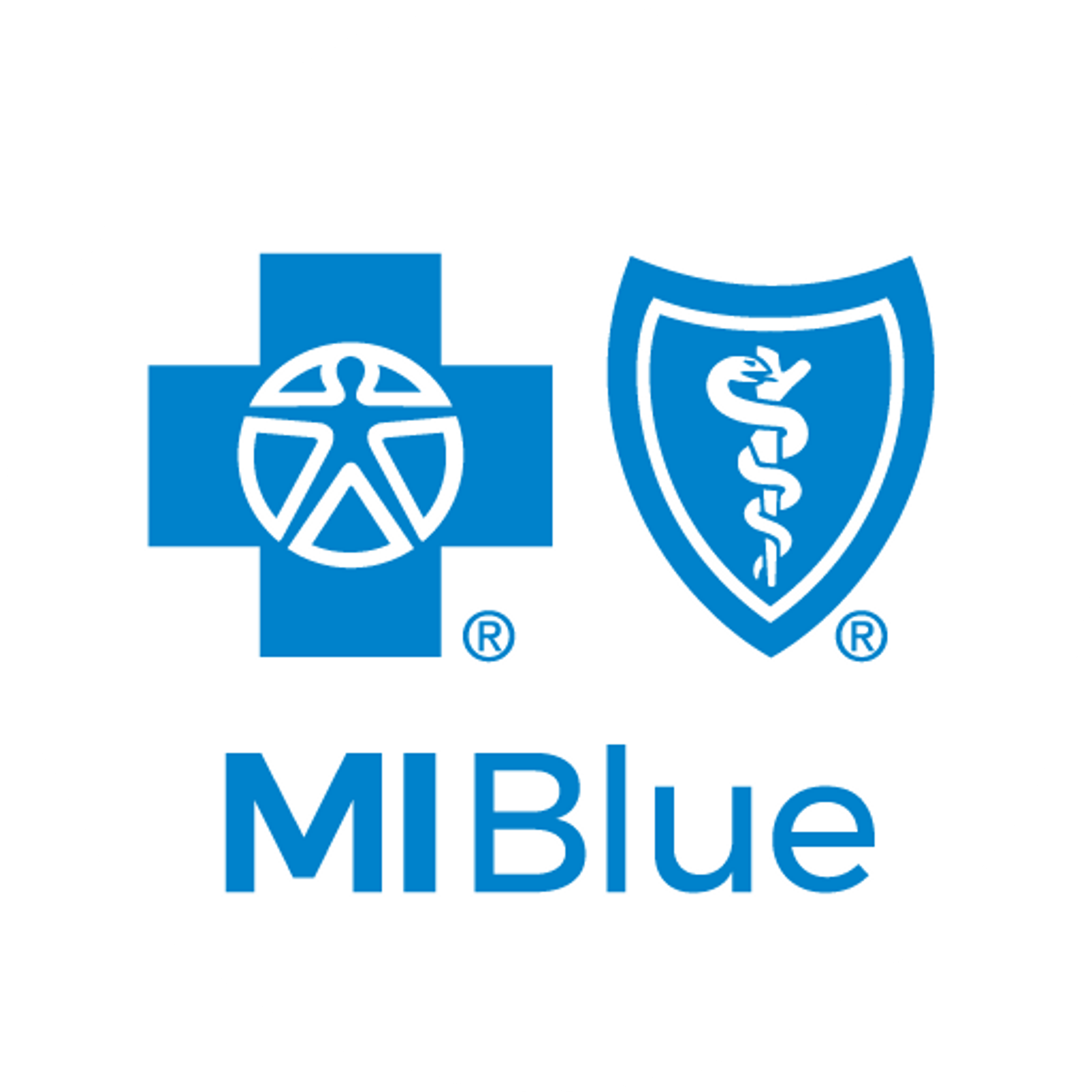Why we are changing coverage of GLP-1 drugs for weight loss

Blues Perspectives
| 4 min read

Blue Cross Blue Shield of Michigan recently informed members and physicians about a change in coverage for a classification of diabetes management drugs – commonly known as GLP-1 agonists – that are being prescribed by doctors specifically for weight loss. The change would exclude those drugs from insurance coverage for members who seek to lose weight, and whose employers are enrolled in our fully insured commercial health plans.
We’d like to explain why we made this change.
Our decision wasn’t made quickly, or lightly. In fact, we were the last Michigan health plan to cover GLP-1 medications for weight loss. But the decision is the right one for several reasons.
First and foremost, our members and customers count on us to steward their premiums. All the health care services we pay for – and we pay an average of $88 million per day – are factored into the future premiums and administrative fees we charge. It’s imperative that we pay for health care services that help members – without adding excessive costs that impact the affordability of health coverage for all members and customer groups.
We also have a responsibility to pay for services that are clinically appropriate, peer reviewed and have strong track records of success. We are advocates for our members’ best health – but we need to balance that advocacy with our responsibility to promote appropriate, affordable care.
It is a balancing act with which we are entrusted every day. Which is why our recent decision to phase out coverage of glucagon-like peptide 1 (GLP-1) weight loss drugs such as Wegovy, Zepbound and Saxenda for large group fully insured members has been so difficult.
We understand that this decision puts GLP-1 options out of reach for some members who seek the drugs for weight loss. Yet, this decision helps to preserve availability of these same drugs for those with Type 2 Diabetes who need it to survive. This decision helps to preserve coverage for other lifesaving procedures and treatment options for the 5.2 million people who count on their Blue Cross health coverage.
Blue Cross and Blue Care Network came to this decision after careful consideration of GLP-1 weight loss drugs’ efficacy, safety and access – and skyrocketing costs. Before, we mentioned paying $88 million per day in 2023 for our members’ care and benefits. The year before, that number was $80 million per day. From 2022 to 2023, the costs for GLP-1 drugs grew by more than $350 million. These increases – driven by the excessive prices charged by drug makers – are currently being factored into premium increases in the double digits for many of our customers.
Affordability of health insurance is paramount. But this wasn’t a cost decision alone. We also looked at efficacy – how successful these prescribed drugs are in reducing weight on a population-wide basis.
There are many stories of individual weight loss success. Behind the scenes, however, is health care claims data that troubles us.
GLP-1 agonists are a class of medications that help patients treat type 2 diabetes by managing their blood sugar. The drugs are also effective in promoting weight loss if taken according to their treatment plan, which means patients should take the drugs continuously for at least 12 weeks. However, a national Blue Health Intelligence study from the Blue Cross Blue Shield Association finds that more than 30% of patients dropped out of treatment after the first four weeks and 58% of patients taking the medications for weight loss discontinued use before seeing a clinical benefit.
Wegovy costs more than $1,000 per month per patient, and similar GLP-1 drugs range from $900 and $1,100 per patient each month, according to the Blue Health Intelligence study. Sales of the drugs have skyrocketed in recent years. In total, our Blue Cross and BCN large group fully insured customers had approximately 9,500 members on weight loss drugs as of May 2024. The $62 million in GLP-1 weight loss spending for 2023 accounted for more than 5% of total customer pharmacy costs for Blue Cross and BCN large group fully insured members.
The Blue Cross and BCN decision brings the company in line with other health insurers in Michigan and across the country. Additionally, Medicare does not cover the GLP-1 medications for weight loss. Also, some large employers, like the North Carolina State Health Plan, have discontinued coverage for GLP-1 drugs prescribed for weight loss.
This was not an easy decision, and we understand the impact it will have on some members who are currently using GLP-1s for weight loss. After exhaustive review of the costs and consideration of long-term impacts and effectiveness of the drug, we believe that this is the right decision.
After thorough analysis, we have identified specific parameters for concluding coverage of GLP-1 drugs for fully insured large groups, beginning in January 2025 or on the group’s 2025 health coverage renewal date.
New prior authorization requirements for coverage of these GLP-1 drugs for large group fully insured members will go into effect Aug. 1 for those who are 18 or older and have a body mass index of 35 or higher. Blue Cross and BCN will continue covering GLP-1s prescribed to treat Type 2 diabetes, including the medications Ozempic, Mounjaro, Rybelsus and Victoza.
Image: Getty Images





